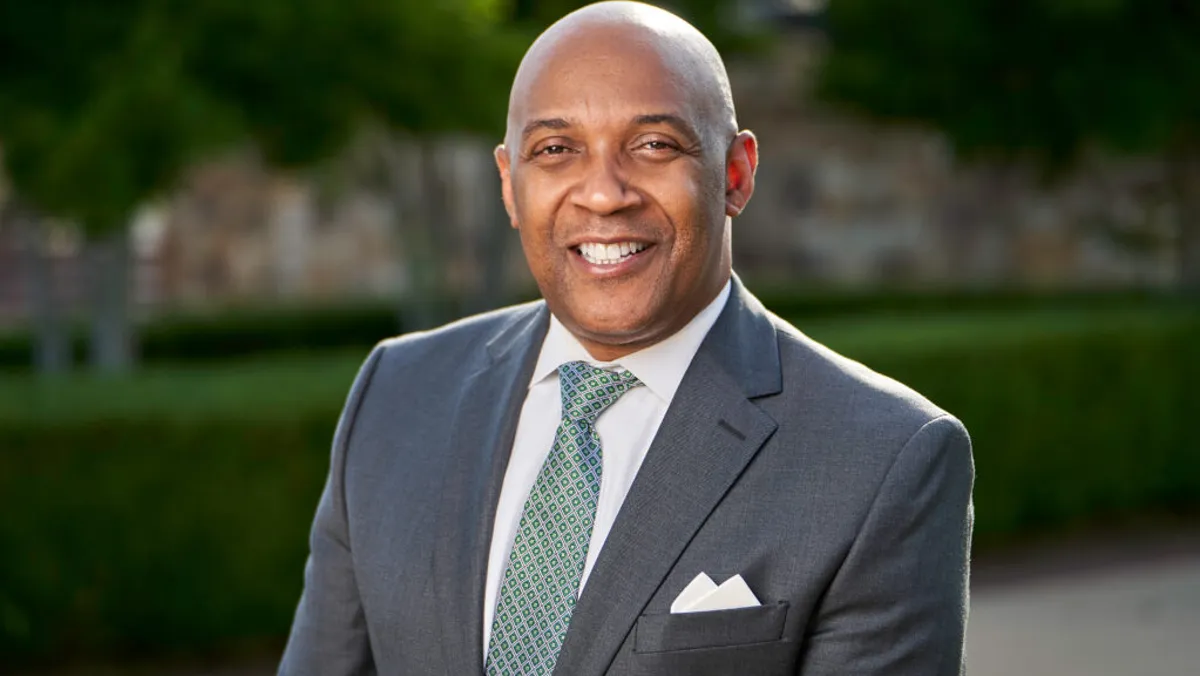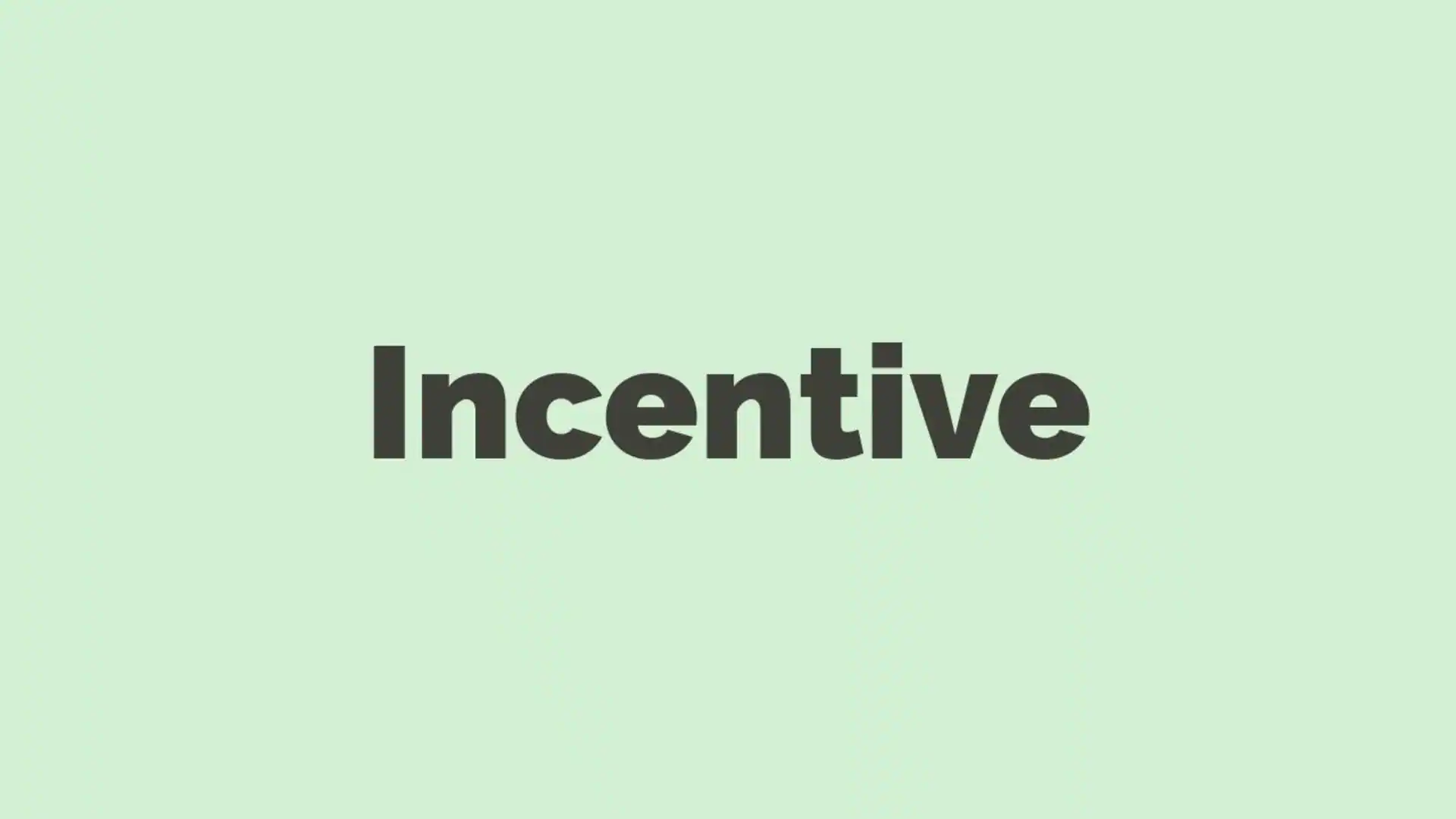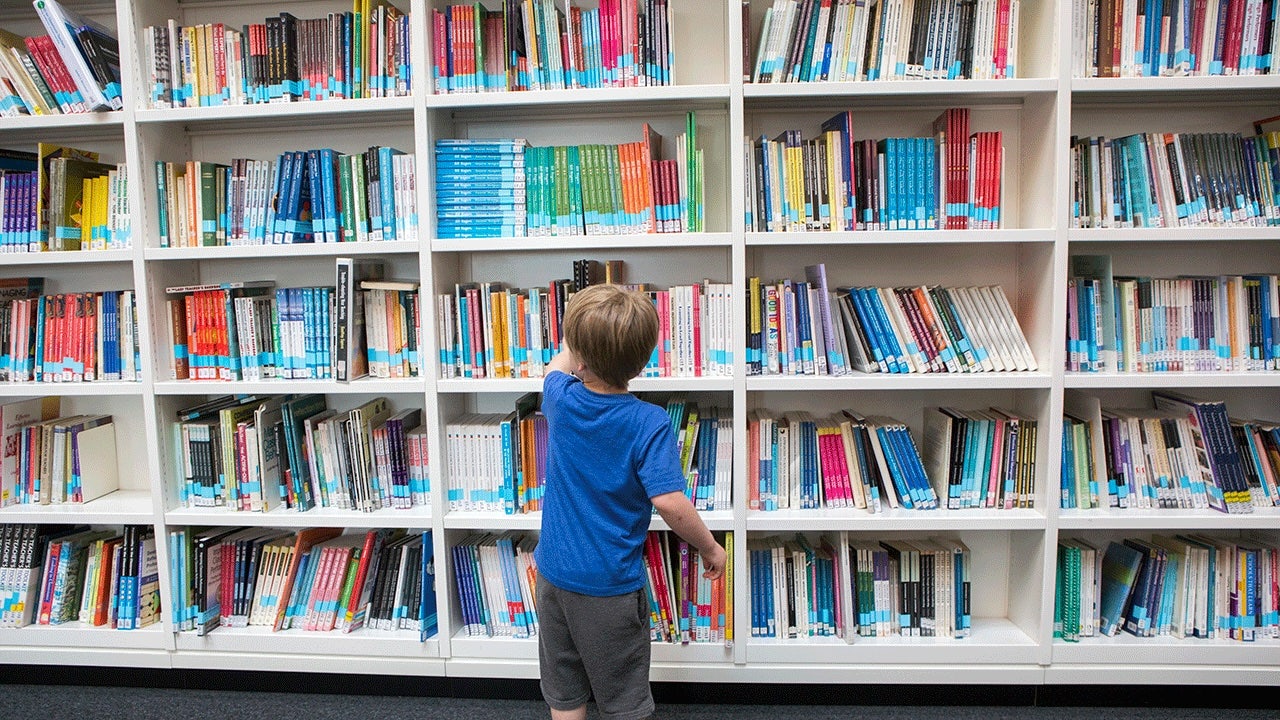
Growing up on a small farm in Mississippi, my siblings and I woke early to work our own land and that of others so we could help support our family of 10. My father’s factory job wasn’t enough, but I didn’t think of us as poor — until something happened that made it clear we were.
When my older brother got terminally ill, everything changed. My parents, especially my father, did everything they could to pay for care. After being laid off from his factory job, he had no choice but to, for a short time, accept public assistance. I remember the look on his face when he came home with the news. It wasn’t shame; it was heartbreak. He worked his whole life to give us a shot at something better. That moment made it painfully clear how fragile even the most determined family’s stability can be.
Children growing up in poverty often have less exposure to books, less access to early childhood education, and less time with adults who aren’t busy just trying to survive. They attend underfunded schools with fewer resources, larger class sizes, and higher teacher turnover. A zip code can determine academic destiny.
By the time these children reach high school, the barriers have compounded. Food insecurity, unstable housing, or the need to care for younger siblings can make daily attendance a challenge. Mental health needs often go unmet.
If they go to college, the obstacles may not disappear. Financial pressure and the need to work long can make persistence difficult.
The passage of the “Big Beautiful Bill Act” will complicate matters, extending the 2017 Trump tax cuts while changing or cutting some social safety-net programs that help millions of children access food benefits, financial support, and health care.
For example: The new legislation cuts federal spending on Medicaid — which, along with the Children’s Health Insurance Program, covers more than 37 million children — by as much as $800 billion over the next 10 years, putting kids’ coverage at risk.
The legislation also takes $290 billion from the Supplemental Nutrition Assistance Program (SNAP), also known as food stamps, effectively pulling food assistance from about 2 million children. Less access to SNAP could mean children lose automatic enrollment in free food at school.
At the University of South Carolina Upstate and across our system, we are committed to improving a student’s trajectory, regardless of income and economic status. And we have our work cut out for us.
We’re working to close gaps in access and success. That means expanding dual enrollment programs so high school students can earn college credit early. It means creating student support services tailored to first-generation and lower-income students. And it means building bridges between K-12 schools and colleges.
Opinion: AI has a place in education but must be used cautiously and ethically
This systemic challenge requires coordinated action: equitable funding for public schools, wraparound services for students and families, expanded access to early childhood education, and policies that recognize the complex realities of poverty.
I believe in the power of education to transform lives. Education has opened every door I’ve walked through. But no child should have to rely on luck or extraordinary resilience. It’s our job — as educators, policymakers, and citizens — to make sure the path to opportunity is paved and accessible.
Today, I still think of my father’s face on that hard day. And I think of the many families who are doing everything correctly and still struggling to give their children a better life. We owe it to them to ensure that poverty is not a life sentence, and that education remains our most powerful engine for hope.
Bennie L. Harris is chancellor at the University of South Carolina Upstate.



